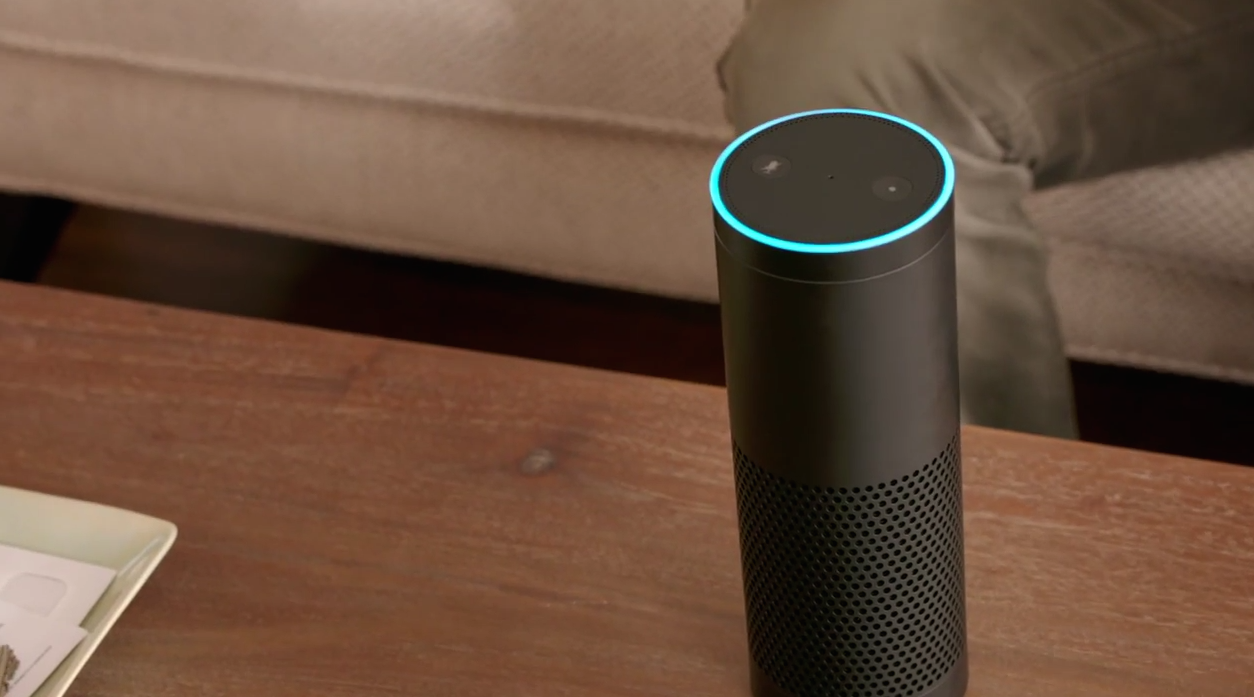From your watch to your TV to your crockpot to your kids’ toys, the products we use in our home are increasingly voice-activated. Unlike previous generations of devices, these newer ones are listening, getting smarter, adapting to multiple users with different accents and cadences. To do that, they listen to, record, and often transmit recordings, of everyone in earshot of the device — including kids, whose private details are specifically protected by federal law, but who sometimes end up ordering hundreds of dollars worth of cookies. So how can Amazon, Google, Apple, or any tech company legally make an always-on device that doesn’t violate your little one’s privacy? [More]
Children’s Online Privacy Protection Act

50+ Disney & Nickelodeon Apps Allegedly Snooping On Your Kids
Ever since the first 3-year-old became obsessed with whatever Tetris knockoff was on their cool aunt’s Blackberry, mobile software developers have seen the potential for real gold in kid-targeted games and apps. But two of the biggest names in children’s entertainment, Disney and Viacom, are each being accused of breaking child-specific privacy laws by allowing young users’ data to be collected and mined. [More]

YouTube Launching New Kid-Friendly App With Original Episodes Of Popular Children’s Shows
YouTube, long geared toward people ages 13 and over, plans to cater to an even younger crowd with an upcoming kid’s app that will provide original episodes of popular children’s show like Sesame Street and Reading Rainbow. [More]

FTC: Mobile Apps Made For Kids Are Secretly Collecting Info On Minors, Sharing It
The Federal Trade Commission has been doing some digging around to make sure kids on the Internet are protected and has subsequently come up with some shocking news. Most of the mobile apps the agency checked out by way of the Google Play and the Apple App store are not only gathering info from kids without parents’ knowledge or their permission, they’re also sharing it. [More]

Web Site Operator Fined $1M For Using Kids’ Love Of Justin Bieber To Illegally Collect Their Info
The teeming, screaming masses of fans in love with Justin Bieber, Rihanna or Demi Lovato are young and Internet savvy, and a tempting demographic for businesses. The thing is, you can try to market to those kids but you can’t collect their personal information without parental permission, which is why the operator of fan Web sites for those three musicians has to pay $1 million for running afoul of Federal Trade Commission rules. [More]

Advocacy Groups Claim Companies Are Using Online Games To Turn Kids Into Tiny Marketers
Playing a game online might seem like an innocent enough activity for a kid, but what if said game is run by McDonald’s and asks for the child’s email address at the end, while encouraging them to share the experience with their friends? That sounds a lot like marketing to kids and using them as tiny marketers without parental consent. So say advocacy groups that are urging the Federal Trade Commission to crack down on companies soliciting email addresses from kids. [More]

The FTC Doesn't Want Ad Companies Tracking Kids' Data Online Until They're At Least 13
If you’re going to go after kids’ data and try to figure out how best to market to them, the Federal Trade Commission doesn’t want that to happen until they’re at least the ripe old age of 14. The regulators are proposing an update to 1998’s Children’s Online Privacy Protection Act that would increase privacy for kids online, crack down on websites and third-parties seeking to gobble up their data, and shore up defenses for kids on mobile devices. [More]


